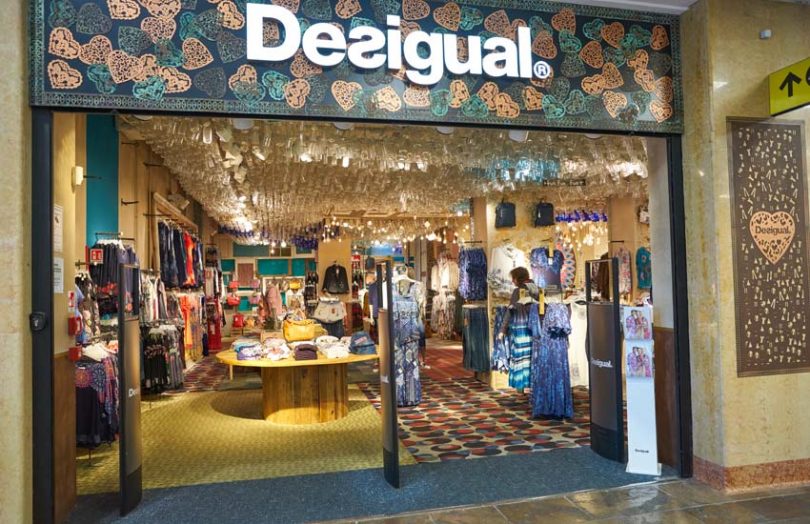Barcelona-based fashion brand Desigual has partnered with blockchain startup Finboot. Desigual wants to integrate Finboot’s MARCO track & trace platform into its supply chain to manage its imports and exports. Finboot is backed by Spanish energy firm Respol.
One of the main challenges faced by Desigual is the lack of visibility about logistical processes. If a delivery is delayed, the company has difficulty tracing where the delay started. Because of this lack of transparency, it can’t take appropriate measures to prevent further issues.
Finboot’s solution addresses this concern by enabling Desigual to trace the entire production process, from purchase order to arrival at distribution centers. The blockchain platform also permits interaction between all participants in the supply chain on a near real-time basis. Visibility into the data makes parties accountable and gives Desigual insights into its import and export processes, building a more transparent supply chain.
The initial stage of the partnership only tracks goods up until they arrive at retail distribution centers. However, Desigual has plans to keep expanding its digitalization and will look into extending MARCO track and trace features to the end consumer.
“By using Finboot’s blockchain solution MARCO, we are ensuring that we remain at the forefront of digitalisation, which gives us a competitive edge over brands that continue to rely on analogue, inefficient systems,” said Javier Fernández, Tech Innovation Leader at Desigual. “This supply chain transparency will enhance our brand value and benefit all of Desigual’s stakeholders.”
Blockchain solutions to enhance supply chain transparency have become increasingly popular in food traceability and manufacturing industries. In fashion, however, blockchain solutions are predominantly used to protect luxury brands from counterfeit.
According to the Global Brand Counterfeiting Report, in 2018, luxury brands lost $30.3 billion worth of online sales to counterfeits. To address the issue, several initiatives and partnerships between luxury brands and blockchain platforms are occurring. AURA, developed for LVMH by ConsenSys, was one of the first blockchain networks that enabled consumers to trace luxury goods’ ownership history and authenticity. Mastercard also has a blockchain-based traceability solution for high-end clothing. Arianne, which runs a luxury consortium with Breitling as a member, developed a blockchain platform for authenticating branded products issuing digital certificates.
Meanwhile, Finboot, which offers blockchain as a service, partnered with the London Chamber of Arbitration and Mediation to use MARCO to reduce administrative costs in dispute resolutions between businesses. The startup also has a blockchain traceability contract with Repsol, which owns 8% of Finboot.






